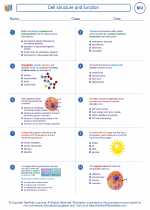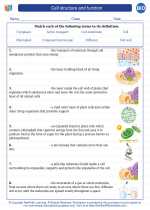Greenland
Greenland is the world's largest island, located between the Arctic and Atlantic Oceans, east of the Canadian Arctic Archipelago. It is an autonomous territory within the Kingdom of Denmark, with a population of around 56,000 people.
Geography
Greenland is known for its vast ice sheet, covering about 80% of the island's surface. The ice sheet is the second largest in the world, after Antarctica. The island also features stunning fjords, mountains, and a rugged coastline.
Climate
Greenland has an Arctic climate, with long, cold winters and short, cool summers. The coastal areas experience milder temperatures compared to the inland regions. Climate change has had a significant impact on Greenland, leading to melting ice and rising sea levels.
Wildlife
The diverse wildlife of Greenland includes polar bears, musk oxen, Arctic foxes, and various species of birds. The surrounding waters are home to whales, seals, and numerous fish species.
Human Settlements
The majority of Greenland's population lives along the western coast, particularly in the capital city of Nuuk. Indigenous Inuit people have inhabited the island for thousands of years, and their traditional culture and customs continue to thrive.
Study Guide
- What percentage of Greenland is covered by ice?
- Describe the climate of Greenland.
- Identify one type of wildlife that can be found in Greenland.
- Where is the majority of Greenland's population located?
- Discuss the impact of climate change on Greenland.
For further exploration, consider researching the history of Greenland, its economy, and the cultural traditions of the Inuit people.
.◂Biology Worksheets and Study Guides High School. Cell structure and function

 Worksheet/Answer key
Worksheet/Answer key
 Worksheet/Answer key
Worksheet/Answer key
 Vocabulary/Answer key
Vocabulary/Answer key
 Vocabulary/Answer key
Vocabulary/Answer key
 Vocabulary/Answer key
Vocabulary/Answer key
 Vocabulary/Answer key
Vocabulary/Answer key
 Vocabulary/Answer key
Vocabulary/Answer key
